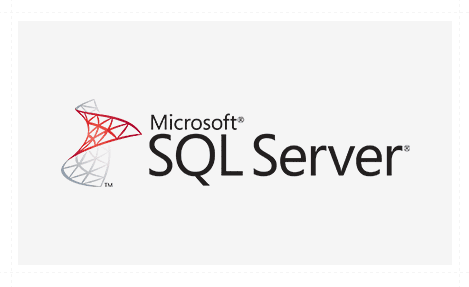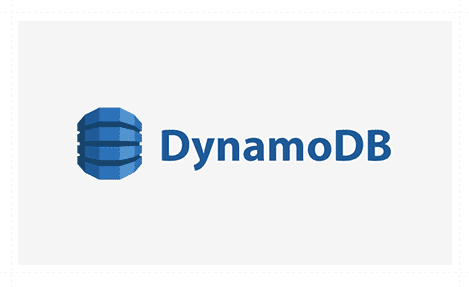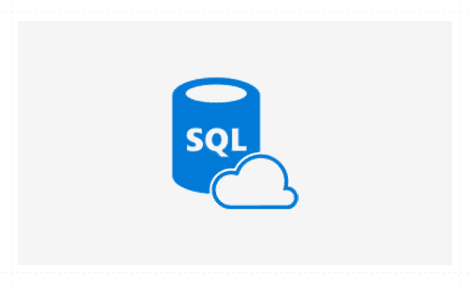Consulting services can provide valuable insights, strategic guidance, pecialized
1200 West Walnut Hills Ln, Suite # 2550, Irving, Texas 75038.
Welcome to our First Cloud Inc
Enterprises have a multitude of options when it comes to implementing databases, given the array of database solutions available in the market. Data stands as the cornerstone of any business, and many enterprises stumble due to their lack of readiness in managing enterprise-grade databases’ intricacies. Selecting the appropriate database solution is crucial, tailored to factors such as volume and variety, amidst the plethora of open and closed-source database offerings.
Traditional systems often buckle under the weight of complex data influx. This is where agile and modern NoSQL databases gain traction. Leveraging our expertise in NoSQL databases, we excel not only in handling intricate data requirements but also in recommending multiple database options suited to diverse needs and data types. Our services empower enterprises to make well-informed strategic decisions.

We understand the importance of data-driven businesses and boast unparalleled expertise in working with both open and closed-source databases. Equipped with modern data management techniques, we excel in optimizing performance to meet the demands of the digital age.
Our service offerings are as below:
We help you choose and specify hardware that suit your organizational pattern that brings you desired results.
We suggest you suitable frameworks and design your software architecture as per your business and vertical needs.
We optimize and homogenize the performance of your databases to maximize use of resources and automating processes.
Our time-tested formula encrypts all your data reserves and ensures smooth backup and storage without risk of loss.
We secure encryption keys, protection of encryption system, access restriction backups and off-site backups.
We carry out regular and continuous patching activities to ensure no security threat and enforce bug control.
As a top Database Management Service provider, we collaborate with various emerging and modern database systems to deliver the desired outcomes for enterprises:
Microsoft’s SQL Server is a relational database management system which primarily stores and retrieves data when requested by other software apps. It is a database server that implements the Structured Query Language.
Benefits:
Ensure data retrieval with SQL Server

This is an open-source, relational, fully-managed database that is used to deploy cloud-native apps. Other than web database, it is used for a wide range of purposes, including data warehousing, e-commerce, and logging applications.
Benefits:
Manage database for cloud-native apps with MySQL

Postgres is another open-source database management system that emphasizes extensibility and SQL compliance. It is an object-based database that safely stores and scales complex data workloads.
Benefits:
Scale complex data workloads with PostgreSQL

This is a is a cross-platform document-oriented database program that classifies as a NoSQL database program. It uses JSON-like documents with optional schemas and is great for transactional stores with performance concerns.
Benefits:
Address performance concerns with MongoDB

This is a fully managed NoSQL Database which supports key value and document data structures and is a part of Amazon Web Services portfolio. It is a multi-region, multi-active database with built-in security, backup, restore and in-memory catching.
Benefits:
Maintain document data structure with DynamoDB

This DBMS was specifically developed by Google to create mobile and web apps. It is a is a cloud-hosted NoSQL database that lets you store and sync data between your users in real-time.
Benefits:
Seamless sync data real-time with Firebase

Microsoft’s Azure SQL Database is a managed cloud database that runs on cloud computing platforms and the access to it is given as a service.
Benefits:

Amazon Relational Database Service is a distributed database service that runs on cloud to simplify the setup, operation, and scalability of relational databases for already in use applications.
Benefits:
